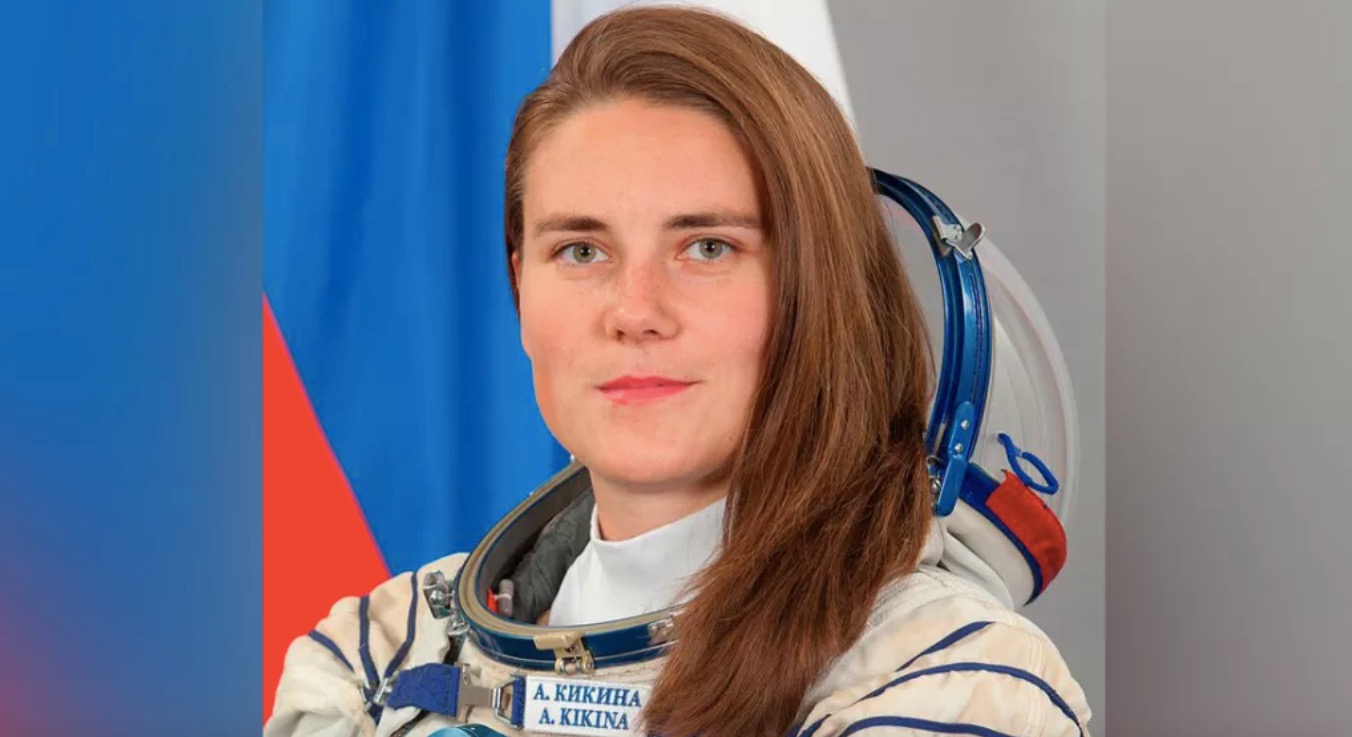
It's official: SpaceX will soon start flying Russian cosmonauts to the International Space Station (ISS).
NASA announced today (July 15) that it has signed a deal with Russia's federal space agency Roscosmos to exchange seats on craft traveling to and from the orbiting lab. NASA astronauts will fly aboard Russian Soyuz spacecraft, as they have done many times, and cosmonauts will climb aboard private American vehicles such as SpaceX's Dragon capsule, which has never happened before.
The pioneering cosmonaut will be Anna Kikina, who will fly on SpaceX's Crew-5 mission — a plan that has been in the works for a while and is now confirmed. Her crewmates on that flight, which is scheduled to launch in September, will be NASA's Nicole Mann and Josh Cassada and the Japan Aerospace Exploration Agency's Koichi Wakata, NASA officials said in an emailed statement today.
Related: Amazing launch photos of SpaceX's Crew-4 astronaut mission
Cosmonaut Andrei Fedyaev has been assigned to SpaceX's Crew-6, which is targeted to launch next spring. NASA's Steve Bowen and Woody Hoburg will also be on that mission, agency officials said. (The fourth crewmember has not yet been announced.)
NASA astronaut Frank Rubio, in turn, will travel to the ISS on the three-person Soyuz with cosmonauts Sergey Prokopyev and Dmitry Petelin on a mission slated to launch Sept. 21. And NASA's Loral O'Hara has been assigned to a Soyuz mission in spring 2023; her crewmates will be cosmonauts Oleg Kononenko and Nikolai Chub.
"Flying integrated crews ensures there are appropriately trained crew members on board the station for essential maintenance and spacewalks," NASA officials said in the emailed statement. "It also protects against contingencies such as a problem with any crew spacecraft, serious crew medical issues or an emergency aboard the station that requires a crew and the vehicle they are assigned to return to Earth sooner than planned."
Get the Space.com Newsletter
Breaking space news, the latest updates on rocket launches, skywatching events and more!
Many of Russia's space partnerships have dissolved in the wake of the nation's invasion of Ukraine. For example, Russian-made rocket engines aren't sold to American companies anymore, and Russian-built Soyuz rockets are no longer in the stable of France-based launch provider Arianespace. But Russia continues to be an integral part of the ISS, as it has been since the program's beginning.
That's not to suggest that the ongoing invasion of Ukraine has had no impact on the space station and its operations, however. For example, earlier this month, cosmonauts spread anti-Ukraine propaganda from the ISS, prompting condemnation from NASA and other program partners.
In addition, newly dismissed Roscosmos chief Dmitry Rogozin recently said that he instructed cosmonauts on the ISS to stop using a European robotic arm that's part of Russia's Nauka module, as SpaceNews reported. That command was apparently given in retaliation for Europe's decision to sever ties with Russia on its life-hunting Mars rover mission.
Kikina and Wakata will not be the first non-Americans to fly on a SpaceX mission to the ISS. Each of the company's first four contracted flights to the orbiting lab for NASA featured at least one international crewmember.
Mike Wall is the author of "Out There" (Grand Central Publishing, 2018; illustrated by Karl Tate), a book about the search for alien life. Follow him on Twitter @michaeldwall. Follow us on Twitter @Spacedotcom or on Facebook.
Join our Space Forums to keep talking space on the latest missions, night sky and more! And if you have a news tip, correction or comment, let us know at: community@space.com.

Michael Wall is a Senior Space Writer with Space.com and joined the team in 2010. He primarily covers exoplanets, spaceflight and military space, but has been known to dabble in the space art beat. His book about the search for alien life, "Out There," was published on Nov. 13, 2018. Before becoming a science writer, Michael worked as a herpetologist and wildlife biologist. He has a Ph.D. in evolutionary biology from the University of Sydney, Australia, a bachelor's degree from the University of Arizona, and a graduate certificate in science writing from the University of California, Santa Cruz. To find out what his latest project is, you can follow Michael on Twitter.









